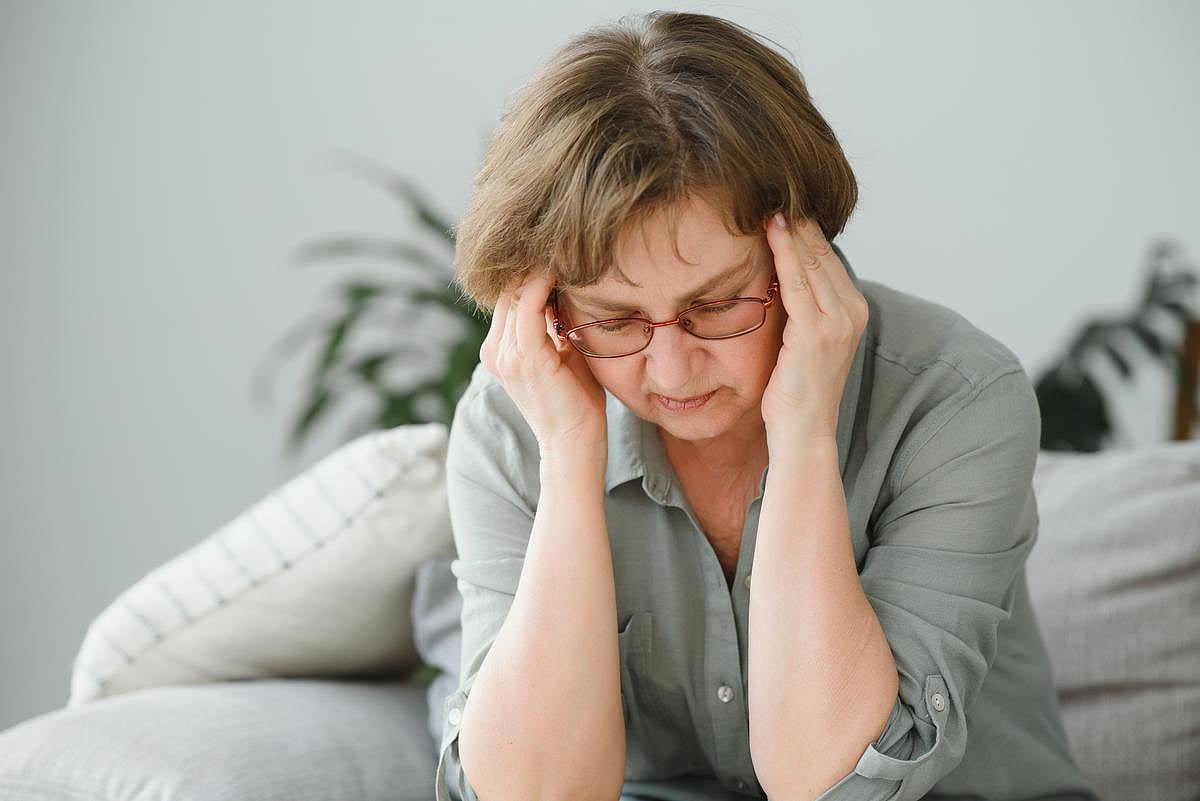Mindfulness-Oriented Recovery Enhancement reduced craving, improved attention to positive information, positive affect, anhedonia
By Elana Gotkine HealthDay Reporter
THURSDAY, May 8, 2025 (HealthDay News) — For patients with chronic pain, opioid use disorder (OUD) is characterized by difficulties in positive emotion regulation (ER), and mindfulness training can enhance positive ER, according to a study published online April 30 in JAMA Psychiatry.
Eric L. Garland, Ph.D., from the University of California in San Diego, and colleagues examined whether OUD is associated with attenuated positive ER in a randomized trial involving patients with chronic pain who did and did not meet criteria for OUD (OUD+ and OUD−, respectively). Participants at risk for opioid misuse were randomly allocated to receive eight weeks of Mindfulness-Oriented Recovery Enhancement (MORE) or supportive group (SG) therapy.
Overall, 98 of 160 participants using opioids were classified as OUD+. The researchers found a significant group-by-task strategy interaction during positive ER, with the OUD+ group exhibiting lower parietal late positive potential (LPP) responses during Regulate versus View trials compared with the OUD− group (B = 1.91). There was also a significant group-by-strategy interaction for the P300 amplitude during positive ER (B = 1.40). During positive ER, LPP blunting mediated the association between OUD status and elevated opioid craving. Compared with patients treated with SG, those treated with MORE showed greater increases in LPP during Regulate versus View trials (B = 1.53). Relative to SG, MORE improved attention to positive information, positive affect, and anhedonia (B = 1.32, 4.73, and 2.94, respectively) and reduced craving (B = −10.88) to a greater extent. Lower craving at follow-up was predicted by higher positive ER efficacy (B = −2.38).
“This study is a crucial step, but we need more large-scale and long-term research to fully understand how treatments like MORE can help heal the brain to enhance recovery from opioid addiction,” Garland said in a press release. “Multiple rigorous, well-controlled clinical trials have demonstrated the efficacy of the MORE therapy. It is now the right moment to partner with policymakers, health care organizations, and administrators of the opioid legal settlement to disseminate this evidence-based treatment nationwide to help alleviate the opioid crisis.”
One author received payments related to MORE and disclosed ties to BehaVR.
Copyright © 2025 HealthDay. All rights reserved.








